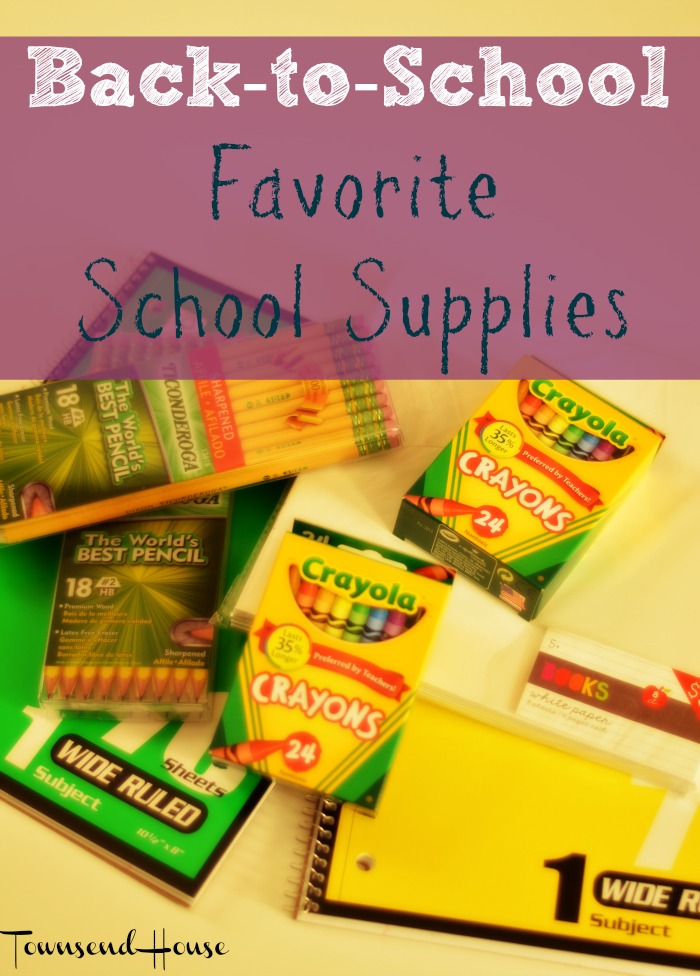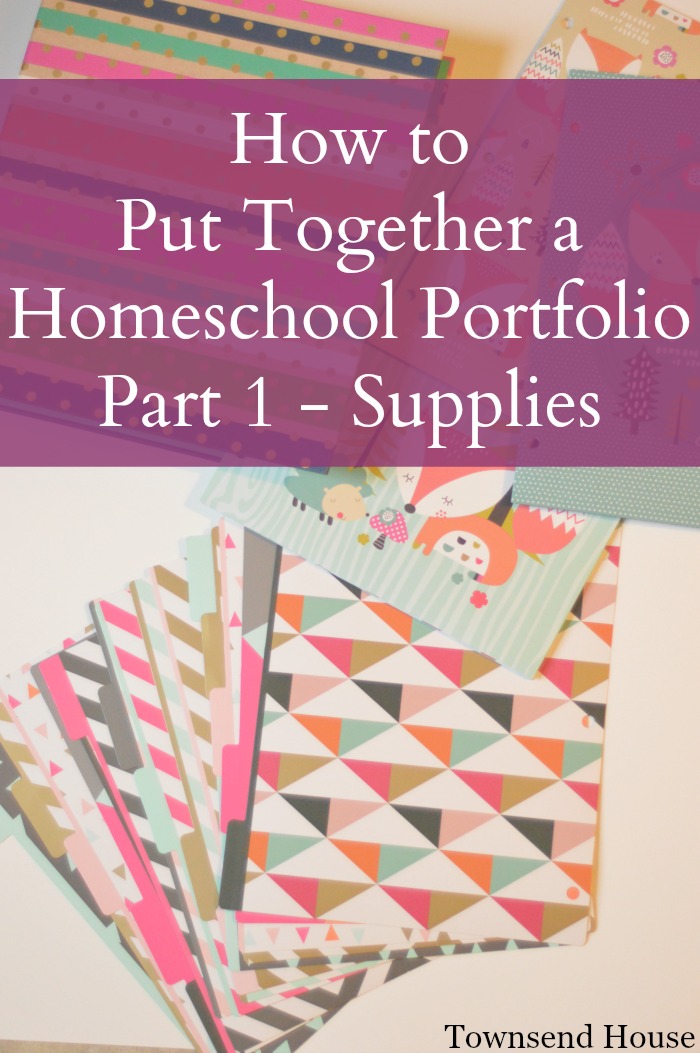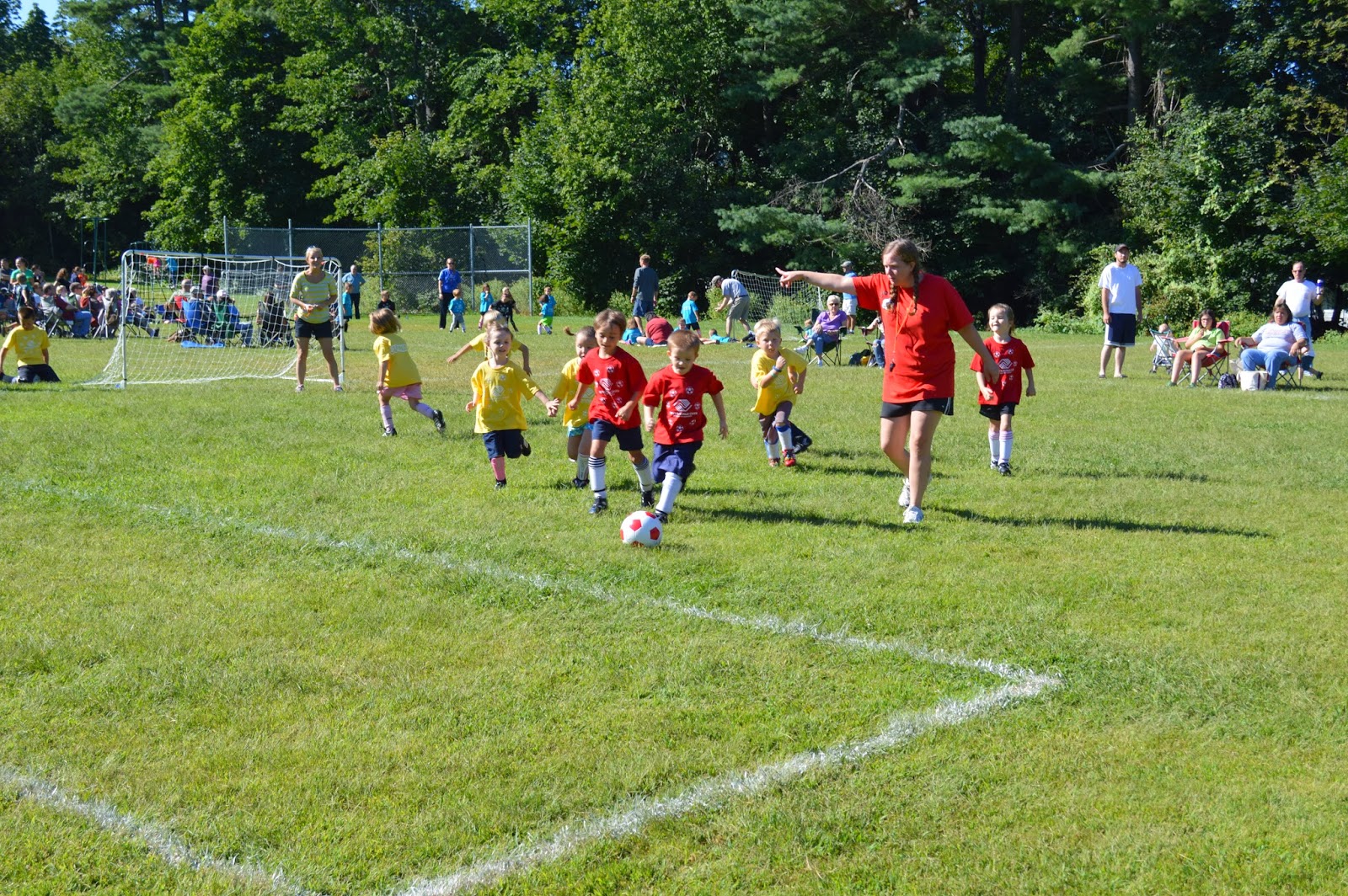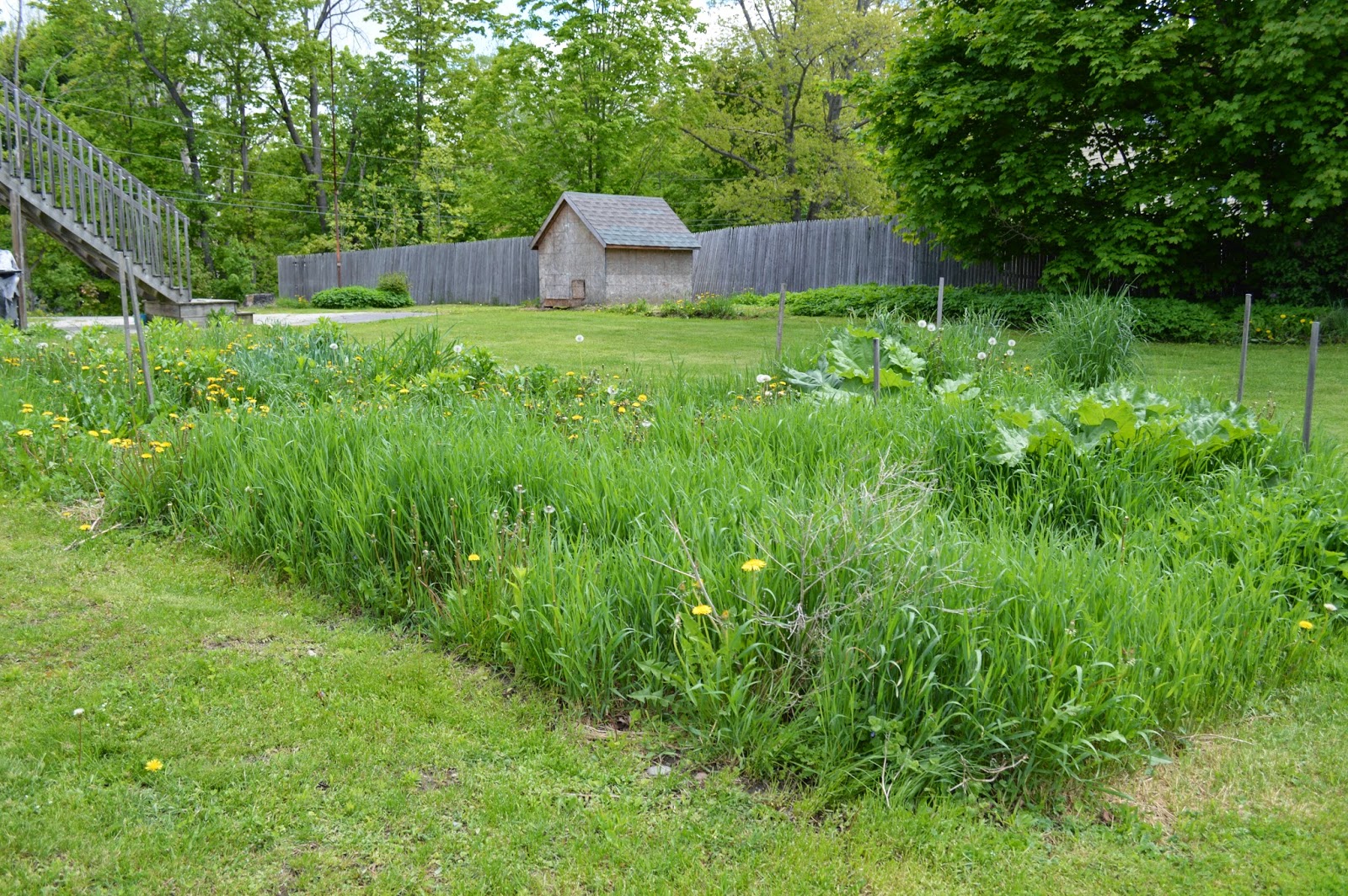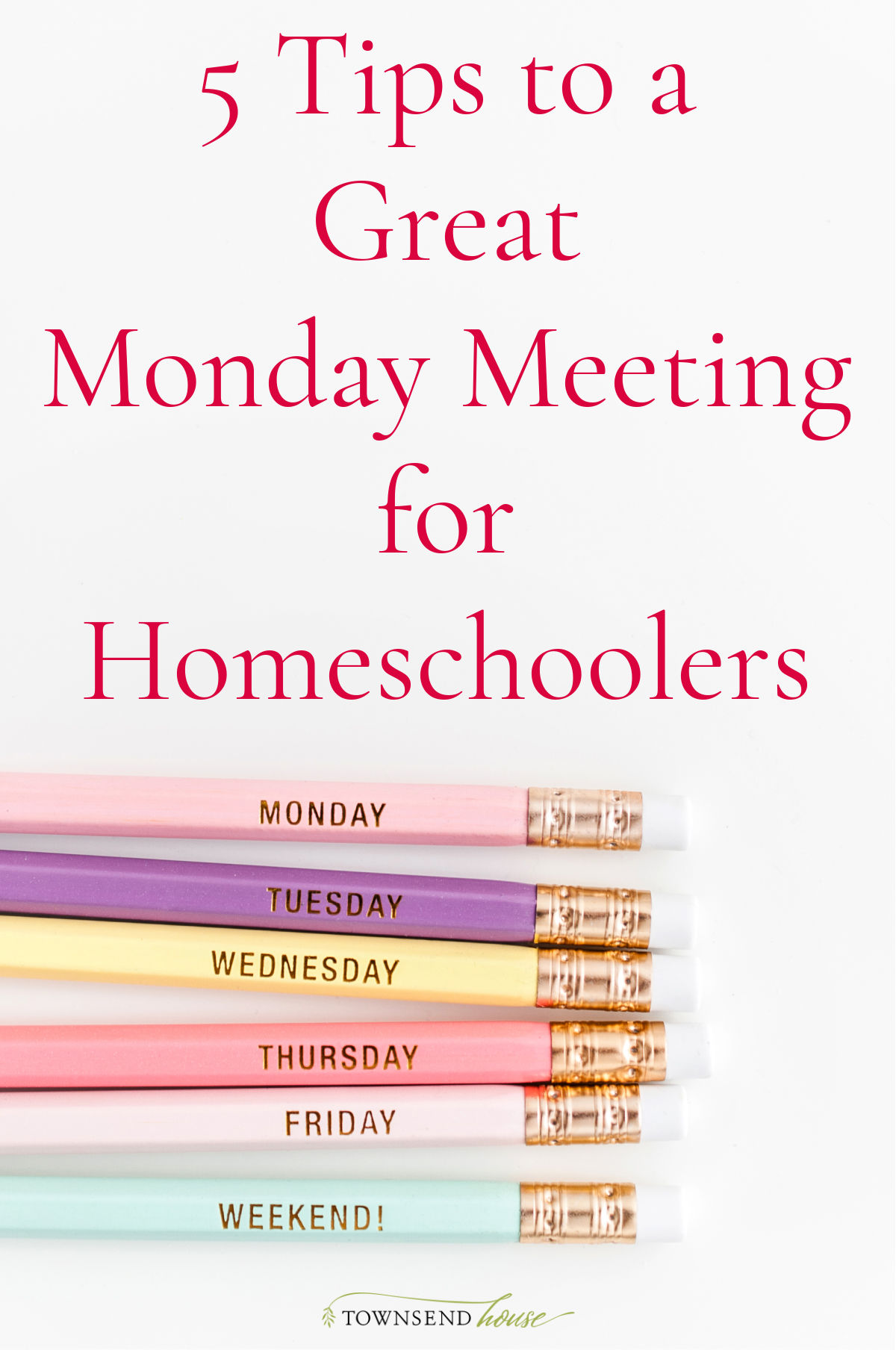Ultimate Guide to Homeschool Curriculum
When people start to think about homeschooling, almost always their first question is “What homeschool curriculum should I use?” The reason is that homeschooling is so outside the box, there are so many choices, and you don’t know quite where to start.
I have not used all of the following resources, but I wanted to give you a guide to the resources I have used and researched extensively. Before you start choosing your resources, you will need to understand how you want to teach, and how you think your child is able to learn.
Just because you choose one resource this year does not mean that you have to stay with that for the rest of your homeschooling career. In fact, it is the opposite. If something doesn’t work, change it. If it works well, add in more of that type of resource.
For more help and resources you can join the Townsend House e-mail community below:
Homeschool Curriculum: Planning
Before you start buying curricula, the first step is to figure out your planning strategy. Will you plan all of your lessons? Are you relying on instructor’s guides? Do you like to check all the boxes?
This post includes affiliate links. If you click on one of these links and make a subsequent purchase I may receive a commission. Read Disclosure.
For Homeschool Planning I recommend using an Erin Condren Teacher Planner.
If you are unsure of your planning strategy, look into either Pam Barnhill’s Plan Your Year book. This will walk you through the main homeschool philosophies. It will also give you ideas on how to plan your lessons and find the homeschool curriculum resources you need.
Other Homeschool Planners
- Well Planned Gal Homeschool Family Planner
- The Eclectic Homeschooler’s Plan Book
- The Ultimate Homeschool Planner
- Homeschool Planner and Record Book
- The A+ Homeschool Planner
- Minimalist Notebook Homeschool Planner
Homeschool Curriculum: Full Programs
When you start homeschooling, it is normal to want everything laid out in front of you. Homeschool curriculum choices can be incredibly daunting, and to start with something pre-made is helpful. In fact, over the past 10 years that I have been homeschooling, I have always started with a boxed curriculum set. I am comfortable enough now to take what we love, and leave what we don’t. But, in stressful times, having ready-made plans available that I can then tweak to fit my family is important.
I end up re-writing most of our lesson plans in my Erin Condren Teacher Planner and also use that planner for planning from behind. But, the full curriculum gives me a starting line.
Faith-Based Curriculum
- Sonlight: A literature-based curriculum. Good for combining kids together. This is the company that I have been purchasing the majority of our curriculum resources from for the past 10 years. Get $5 off your first purchase of $50 or more when you register through the above link.
- Timberdoodle: Also offers non-religious programs
- Memoria Press: Classical Christian Education
- Alpha & Omega: Offers workbook, self-paced (LIFEPAC), digital (Switched-On Schoolhouse) and online (Monarch)
- BJU Press: Distance Learning
- My Father’s World: Classical, Unit Studies
- The Good and the Beautiful: Unit studies. Good for combining all ages together.
- Gather ‘Round Homeschool: Unit studies, combine all ages into one curriculum.
- Master Books
Secular Curriculum
- Blossom & Root: Nature-based curriculum.
- Oak Meadow: Literature-based curriculum as well as an accredited distance learning program.
- BookShark: The secular literature-based version of Sonlight.
- Build Your Library: Literature-based curriculum.
Free Curriculum Resources
- All in One Homeschool
- Ambleside Online
- Khan Academy
- Old Fashioned Education
- Letter of the Week Pre-School Curriculum
While most of the above curriculum resources give you a full year of curricula resources, sometimes you want to piece together your own materials. I start with a base package from Sonlight, and then I will add in other subjects based on what I want my kids to work on throughout the year, as well as their learning styles and my teaching style.
Math
There are two main types of math teaching styles. Mastery is just as it sounds. Your child masters concepts before moving on to new concepts. Spiral means that your child is revisiting concepts they have previously studied throughout the curriculum
- Teaching Textbooks: Online, self-grading, spiral-based.
- Singapore Math US Standards Edition: Neither mastery or spiral, focuses on mental math. Not a lot of drills.
- Horizons: Spiral
- Math-U-See: Mastery
- Life of Fred: Literature-based
- Saxon Math: Incremental – a combination of mastery and spiral
History
- Sonlight: Literature-based
- Story of the World: Classical, literature-based. It does have activity books you can also get.
- Give Your Child the World: Literature-based book lists based on area of the world and age
- Notgrass History
- The Mystery of History
- A History of US – Secular
Science
- Apologia Exploring Creation: Christian elementary program. There are six different programs exploring each day of creation. You can get either a junior notebook (k-3rd grade) or a regular notebook (3rd-6th grade) to go with the textbook. I recommend also getting the audio CD so that the author can read to your kids.
- Apologia also offers advanced sciences for high school.
- Next Level Homeschool: Online & secular
- Home Science Tools: Curriculum and science kits for most popular homeschool science programs
- Mr. Q’s Science – Secular
English & Language Arts
There are a lot of different parts of English & Language Arts. Some of the resources I will list are an all-encompassing approach. While others will be a particular area of English & Language Arts (ie grammar, spelling, vocabulary). I especially recommend reading Julie Bogart’s The Brave Learner for more information and ideas about homeschooling and more specifically English & Language Arts.
- Brave Writer – Literature-based. Learn grammar, spelling, writing through reading amazing books. More of a lifestyle than a curriculum and completely different than any other English curriculum you will see.
- Institute for Excellence in Writing
- Writers in Residence
Individual English & Language Arts Subjects
- Handwriting Without Tears – Handwriting
- Grammar Ace – Grammar upper elementary/early middle grades
- Shurley English – Grammar & Writing
- Winston Grammar – Grammar middle school
- Spelling You See – Spelling through copywork
- All About Spelling – Spelling through memorizing words and using tiles to build words
- Sequential Spelling – Spelling
- Wordly Wise 3000 – Vocabulary
The Bottom Line
There are a lot of different homeschool curriculum options available. This is not meant to be an exhaustive list by any means. Instead, I wanted to give you a starting point. Most of these resources I have used myself, or done extensive research on and feel comfortable recommending to you. If you have any questions, please do not hesitate to ask them in the comments.
I have not listed any electives in this resource guide because I wanted to concentrate on the main subject areas. If you are looking for ideas for electives, please let me know in the comments below so that I can work on that as well!
Homeschool Coaching & Consulting
If you are looking for more help and would like to walk through how to choose curriculum resources as well as get a firm idea of what resources you will use for the coming year, I do offer coaching and consulting services!

